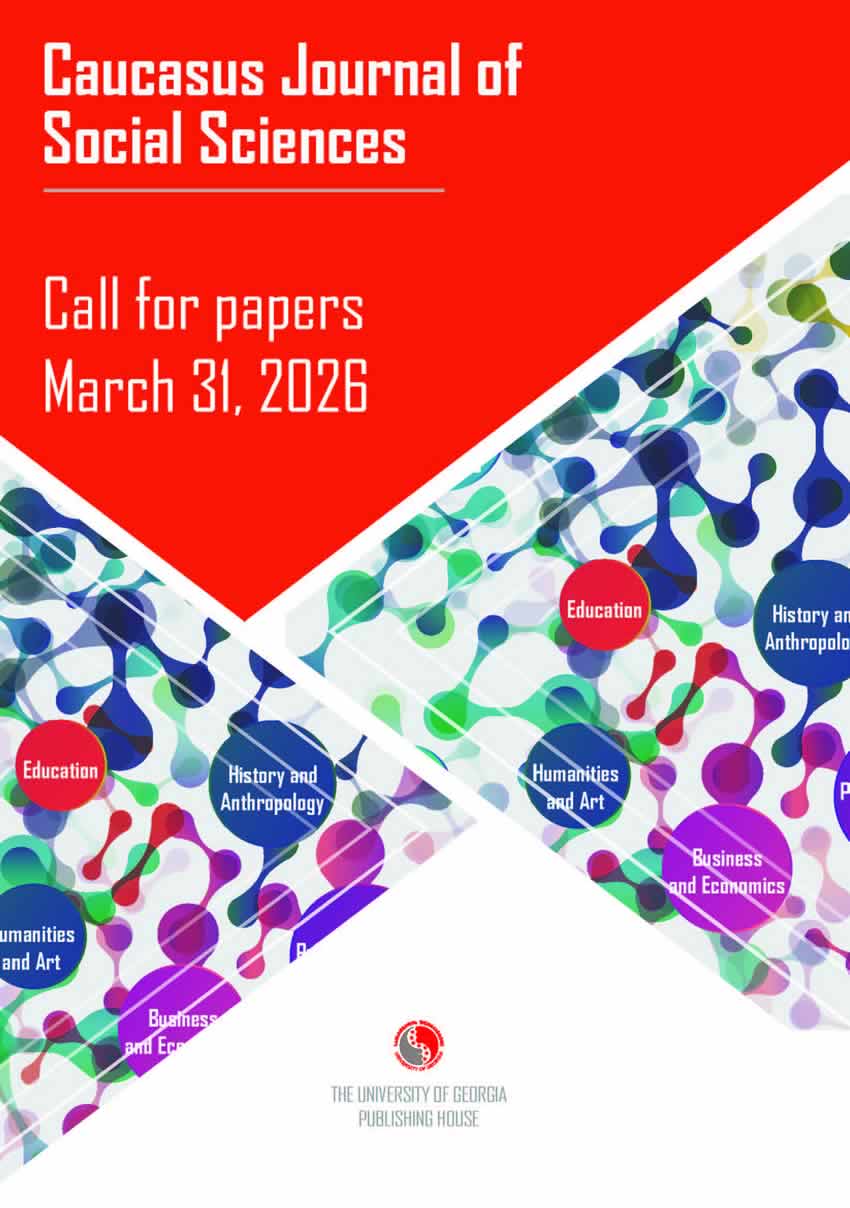For Specification of One Context of “The Passions of Saint Shushanik” (“He visited a holy man in his place (vani)…)
DOI:
https://doi.org/10.62343/cjss.2023.228Keywords:
holy, bishop, monastery, saints, monk, priest, confessorAbstract
The article deals with the specification of the context of one phrase from “The Passions of Saint Shushanik” – “He went to a holy man at his residence (vani) to ask about something.” This excerpt from the text gives rise to some questions: 1. Who is the holy man? Is he a secular or a religious figure? 2. Why do Iakob and Apots go to him – to ask about something or to make a visit to
his place? 3. What could ‘vani’ (residence, monastery) mean in this context? The article discusses E. Chelidze’s interpretation of this phrase, according to which the holy man is a religious figure. At the same time, Apots and Iakob go to pay him a visit at his place. Taking specific arguments and the reading preserved in the earliest copy (A 95) of “The Passions of Saint Shushanik” into consideration, we try to show that the holy man must be a churchman, and Apots and Iakob went to him to ask about something. At the same time, the word vani probably means where a religious person resides – a monastery or a cell rather than a house.
Downloads
Published
How to Cite
Issue
Section
License
Copyright (c) 2023 Nana Mrevlishvili

This work is licensed under a Creative Commons Attribution 4.0 International License.
In case an article is accepted for publication it is allowed to combine the article with other research, to conduct new research on the article, or to make different arrangements on condition that the same license is used including commercial purposes.
As an author of an article published in the Caucasus Journal of Social Sciences, you retain the copyright of your article and you are free to reproduce and disseminate your work.











